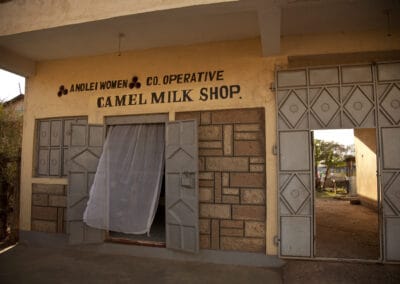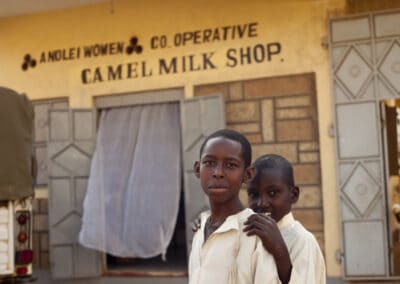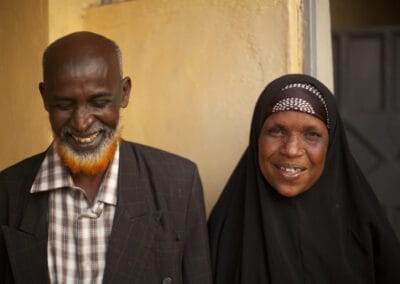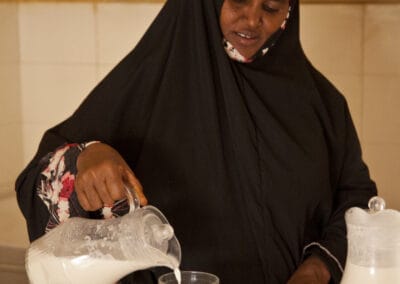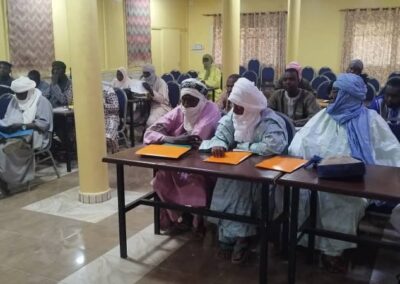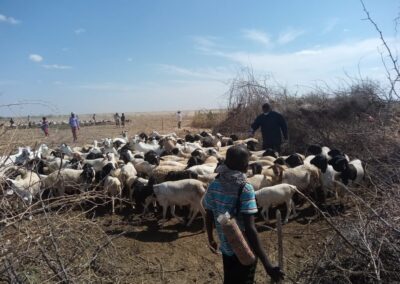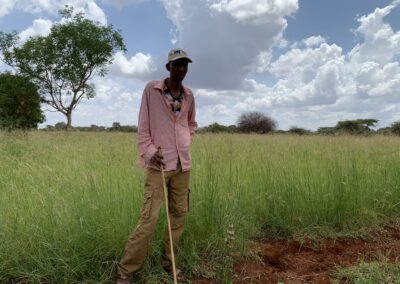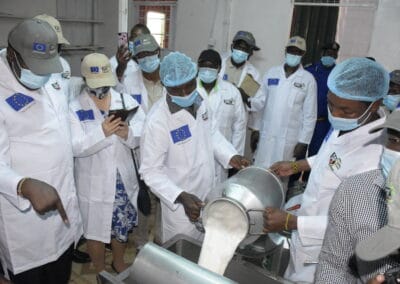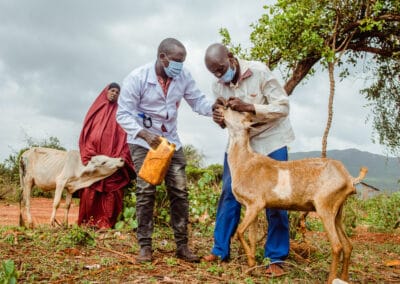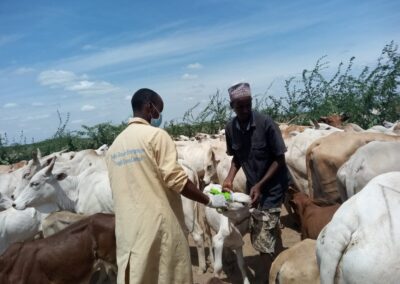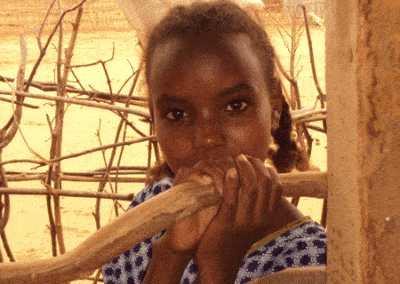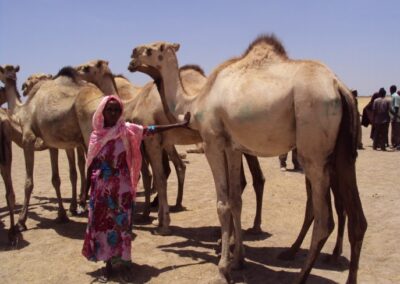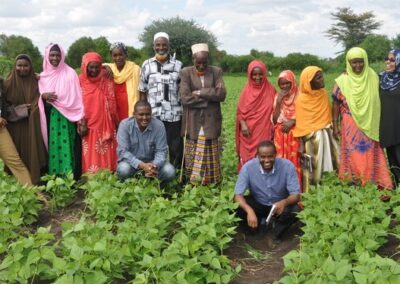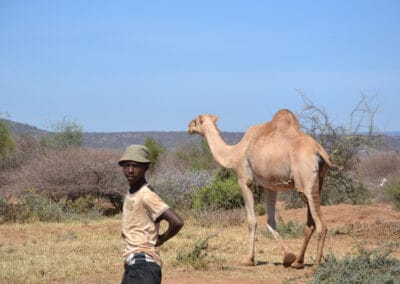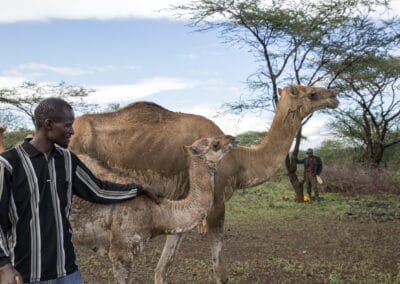Integrated Camel Management Package (Project ICMP)
Project Overview
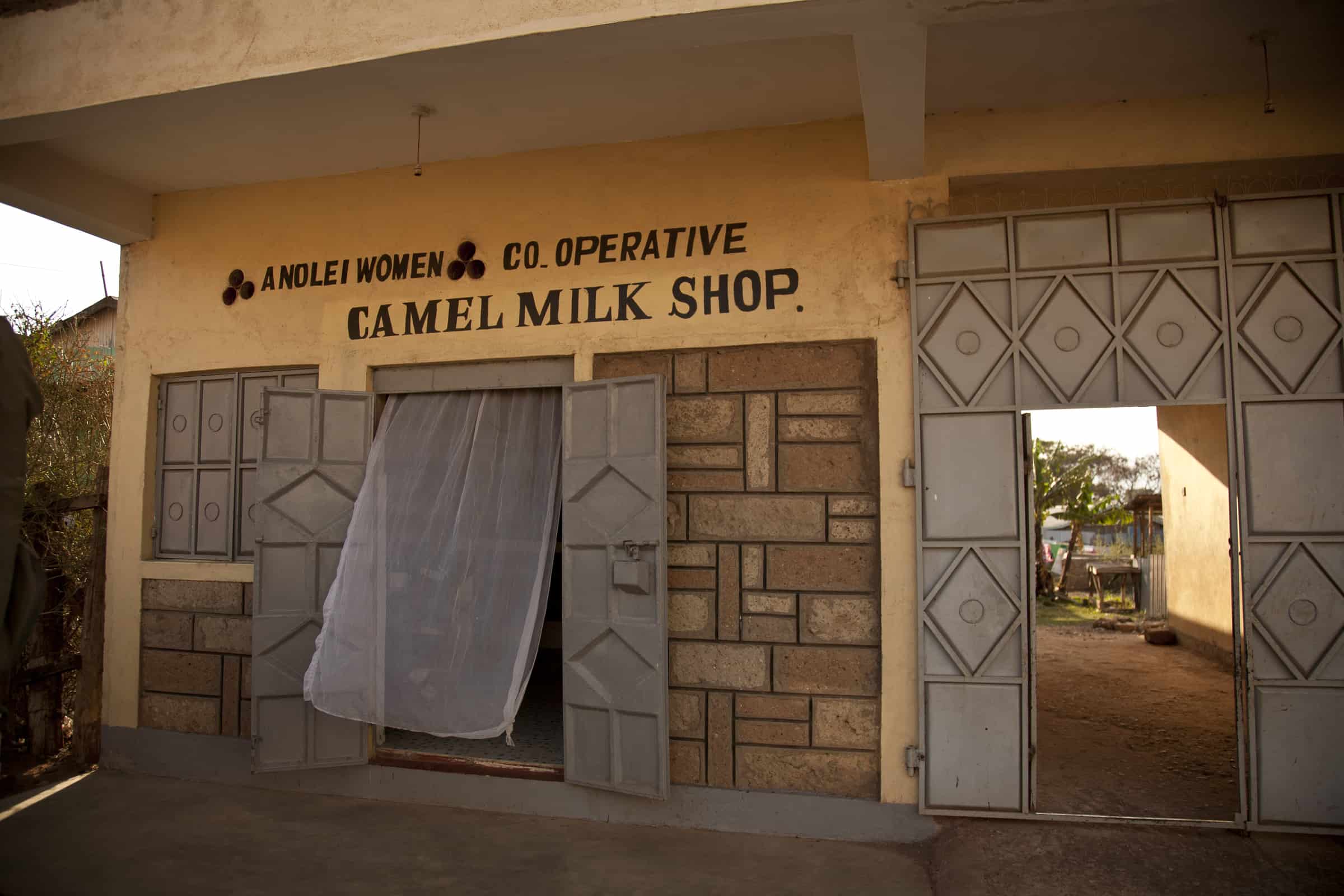
Country
Kenya
Project name
ICMP
Project status
Completed
Duration of the project
| Start: | 01.01.2013 |
| End: | 31.12.2015 |
| 35 months |
Budget
Donors:
Biovision
Project area
Topics
Tags
Background
This project can be seen as an extension Projekt CARES to the CARES project. . It focuses on conducting a study on the impact of camel husbandry on nutrition and standard of living of the communities in the North East of Kenya. With the findings to date the foundation for future projects in this area has been laid: future projects will be even better adapted to the needs of the beneficiaries and will be able to yield more efficient results. For instance, based also on the experience of our milk value chain programme in Mali, the project will continue to support and strengthen the actors within the camel milk value chain During times of drought, an extended shelf life of camel milk stored at home will increase food security. It can make the difference between life and death. The surplus of camel milk will be processed into marketable products and sold according to a new marketing strategy.
A second pillar of the project focuses on the further development of services in the area of camel health. VSF-Suisse, together with the Kenya Camel Association, is developing training modules on various topics around camel health. Those modules are being actively implemented and used in training Community Animal Health Workers and local vets in order to expand their knowledge around camel health. This allows for camel health services to be continuously improved.
Further, the animal breeders are receiving continuous support from VSF-Suisse. This concerns particularly communities that did not traditionally rear camels and allows them to continue accessing and profiting from workshops and trainings.
Project
It is expected that the impact of global climate change in Africa will particularly affect agriculture. Further, it is anticipated that the arid and semi-arid zones – which today already cover more than 70% of Kenya’s surface – will grow bigger. The increasingly frequent heat waves, droughts and floods will make it impossible for farmers and livestock farmers to survive – unless they adapt to changing circumstances.
Already today it is very difficult to conduct agriculture in the concerned arid areas. This means that more and more families turn to animal husbandry as their main source of income. But even here they are facing huge challenges, mostly because cows can’t find enough food and do not last very long without water Even after a short period of stress they stop lactating.
The camel on the other hand is very well adapted to the harsh and inhospitable climate and presents an attractive alternative to cattle rearing. They produce milk even during dry periods while cows don’t, and camels also need much less water. Their fatty milk covers more than half of the daily calorie requirements in many pastoralist communities. Camels are also suitable pack animals and meat suppliers. Their soft, plate-like soles also protect the soil and plants.
Camels could be the key to survival for thousands of people. This is why VSF-Suisse supports a gradual shift from cattle rearing to camels and provides the concerned communities with solid trainings in camel keeping, milk hygiene and processing.
Two boys stand outside a camel milk shop in Isiolo.
Two boys stand outside a camel milk shop in Isiolo.
Somali pastoralists at the camel milk shop in Isiolo northern Kenya.
Somali pastoralists at the camel milk shop in Isiolo northern Kenya.

